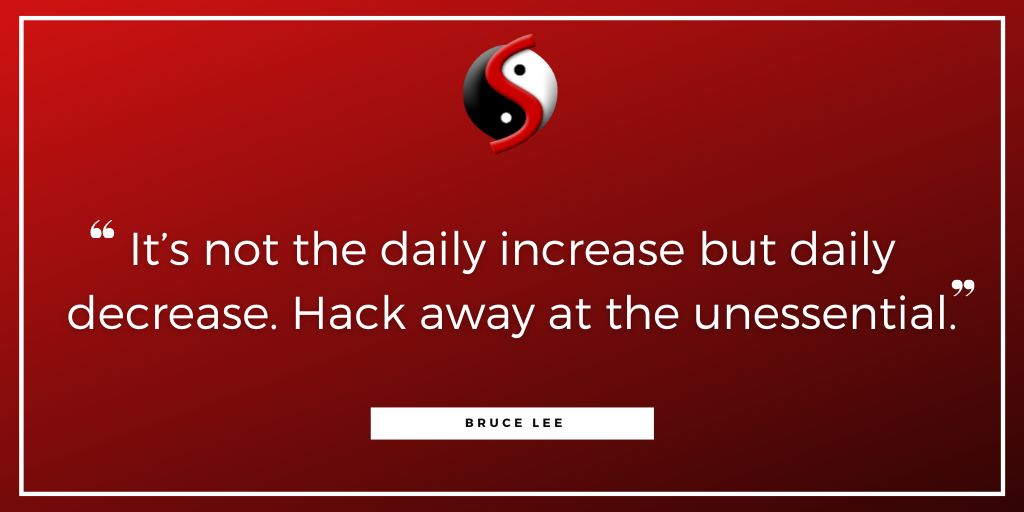Decision Making and Peak Performance – Part 2
In my previous blog on this subject, I focused on how athletes benefit from automating their thinking to prevent their thinking/decision-making from inhibiting their performance. In this entry, I will focus on decisions made off of the court or field, etc.
Much recent research suggests that decision-making taxes our brain, similar to how a muscle is taxed when lifting weights. This means that the more decisions you make, the less brain power you will have available for other (often more important) tasks.
The average adult is believed to make a stupefying 35,000 decisions a day. Imagine how much more efficient we would all perform if we cut that number in half.
Perhaps it is not surprising that some of the most innovative business people of recent times wear essentially the same style of outfit every day (think Steve Jobs and Mark Zuckerberg). This reduces decision fatigue.
Perhaps the biggest offender causing decision fatigue is food choices throughout the day. Unsurprisingly, many of the highest-level performers I work with eat many of the same meals every day. I do this as well, and though they say that variety is the spice of life, I have found that less is more in almost all areas of my life, as well as a majority of my happiest and most productive clients.
Another practice that has helped me and many of my clients perform better is making the most routine decisions in under a minute. Australian psychology researcher Melissa Norberg, who is the president of the Australian Association for Cognitive and Behavior Therapy, states, “Whenever you find yourself taking longer than a minute to make a decision, it’s likely you are trying to find a justification for making an unnecessary purchase or keeping an unneeded item.”
Why not give at least one of these suggestions a go for a week or two and see if you notice a difference? I’d recommend starting with the one you find easiest first, and if you have some success with it, consider adding the other two (one at a time, of course) that I mentioned above. In my experience, you have nothing to lose and potentially a lot to gain.
You can follow Sam on Twitter: @SuperTaoInc


